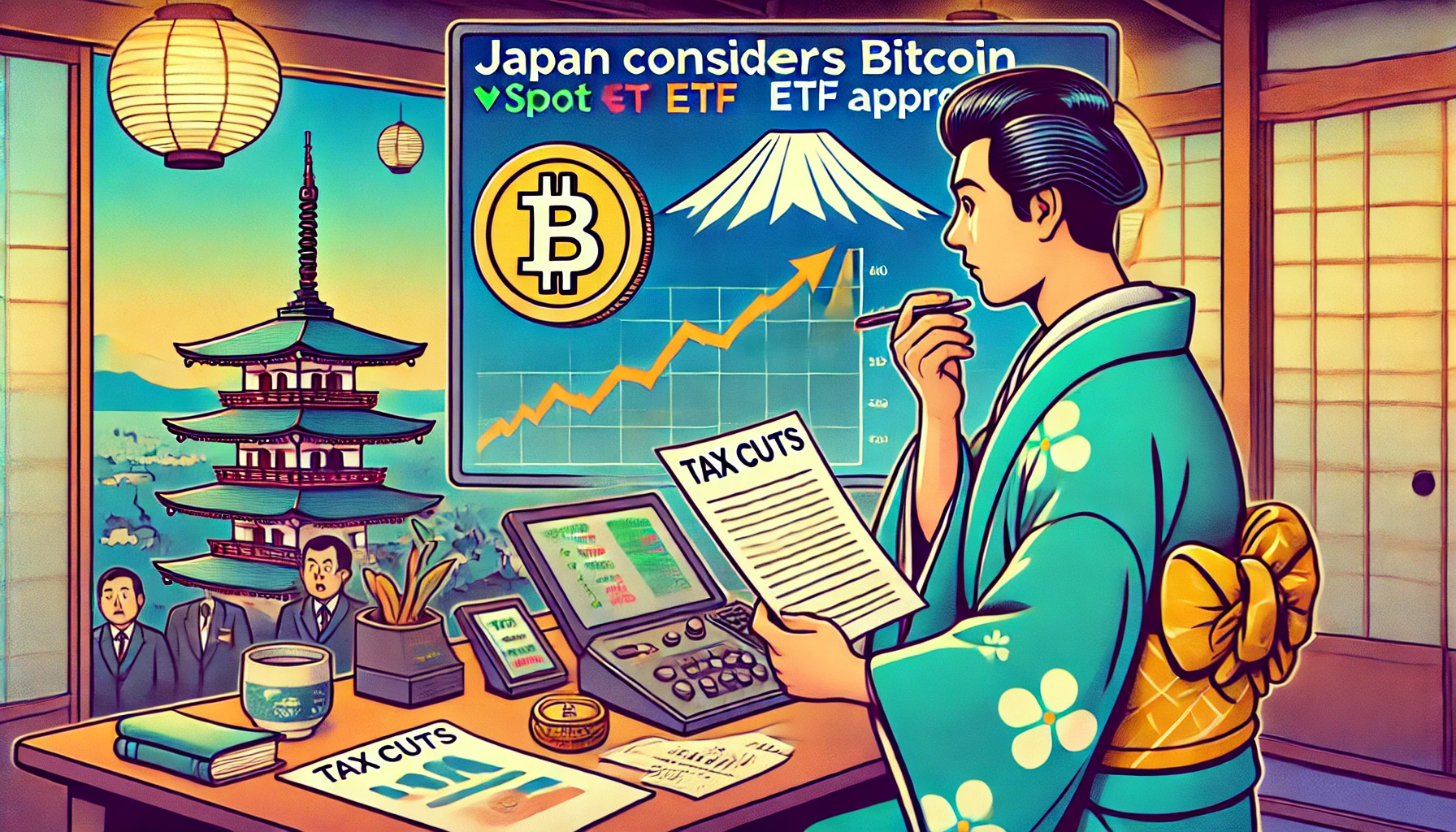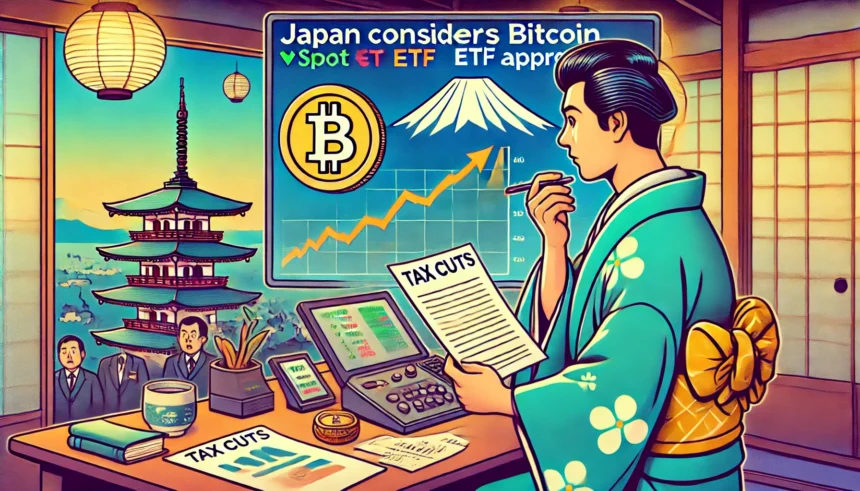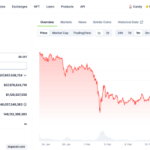
- With Japan’s inflation expected to stay around 3% in the first half of the year, the crypto market could face significant challenges.
- Analysts note that Bitcoin has struggled to reach new highs after hitting $109,000, with demand declining significantly.
The crypto market is facing growing uncertainty as concerns over a yen carry trade unwind intensify. Japan’s core consumer inflation jumped 3.2% in January, fueling speculation that the Bank of Japan (BOJ) may soon increase rates. The yen carry trade is a key source of global market liquidity that allows investors to borrow Japan’s low-interest yen and invest in higher-yielding assets like Bitcoin. However, a BOJ rate hike could force investors to unwind these positions, triggering a sell-off in risk assets.
The latest data from Japan’s Ministry of Internal Affairs showed that overall inflation surged from 3.6% to 4%, marking its highest level in two years. Commenting on this, Taro Saito, head of economic research at NLI Research Institute, stated: “Japan’s core inflation is likely to remain around 3% in the first half of this year. The BOJ will keep mulling the timing of its next rate hike, rather than worrying about whether they need it.”
Last month, the BOJ raised its policy rate to 0.5%, its highest level since the 2008 financial crisis. This shift in Japan’s monetary policy is already impacting currency markets, strengthening the yen against the U.S. dollar. The USD/JPY currency pair has slipped below the critical 150 level, alarming traders. If further signs suggest the U.S. dollar has peaked, it could accelerate the unwinding of yen-funded carry trades, a move that could shake risk assets like Bitcoin (BTC), Ethereum (ETH), and other altcoins.
Peter Schiff, an American stockbroker, cautioned that markets may be ignoring warning signs of an impending financial crisis. He pointed out that the 10-year Japanese government bond (JGB) yield has climbed to 1.45%, while the dollar/yen exchange rate is nearing a break below 1.50. Schiff noted that this, combined with gold hitting record highs, signals potential economic turmoil that many have yet to acknowledge.
Japan just released its Jan. CPI. Prices rose 4% YoY. That’s 0.1% above estimates and 0.4% above the Dec. rise. It's also a two-year high, and only the second time since 1982 that Japan had a 4-handle on YoY CPI. Yet the 10-year JGB still yields just 1.45%. A JGB crash is coming.
— Peter Schiff (@PeterSchiff) February 20, 2025
Crypto Market on Edge
Crypto analyst Rekt Capital has identified a key support level that Bitcoin must hold to maintain its bullish momentum. According to his analysis, Bitcoin’s daily close above $97,700 has been successful, signaling strength. He further explained that any dips into $97,700 would serve as a retest attempt, and if Bitcoin successfully holds this level as new support, it would confirm the breakout and position BTC for a rally toward the $101K resistance.
Daily Close above $97700 has been successful (light blue)
Any dips into $97700 would constitute a retest attempt
A post-breakout retest of $97700 into new support would fully confirm the breakout to position BTC for a rally to $101k resistance $BTC #Crypto #Bitcoin https://t.co/KHqHPvyvdd pic.twitter.com/5Ph6yi8kb5
— Rekt Capital (@rektcapital) February 21, 2025
However, Bitcoin demand has dropped sharply over the past two months. CryptoQuant’s head of research, Julio Moreno, noted: “If Bitcoin hasn’t rallied to fresh highs, it’s because demand has cooled down significantly since December.” This decline in buying pressure suggests that Bitcoin’s ability to sustain higher price levels is weakening, making it more vulnerable to macroeconomic shifts such as Japan’s potential rate hike.
Meanwhile, Bitcoin has recorded a 1.2% price increase in the last 24 hours after previously touching its all-time high of $109,000 on January 20. It is currently trading at $98,907, just 9.6% below its peak. Additionally, Bitcoin’s trading volume has risen by 6.51% in the last 24 hours, reaching $30 billion, while Ethereum (ETH) has climbed 1.3% to $2,751.






